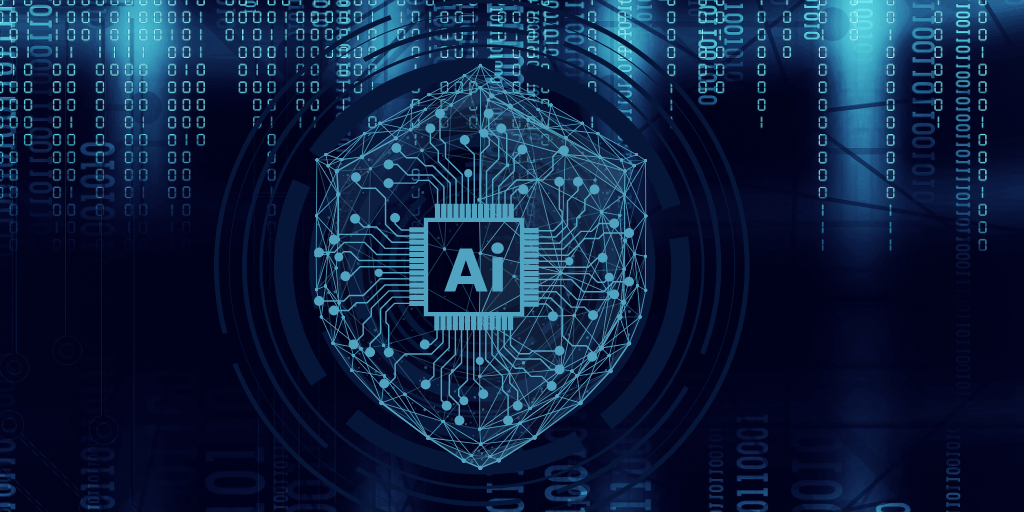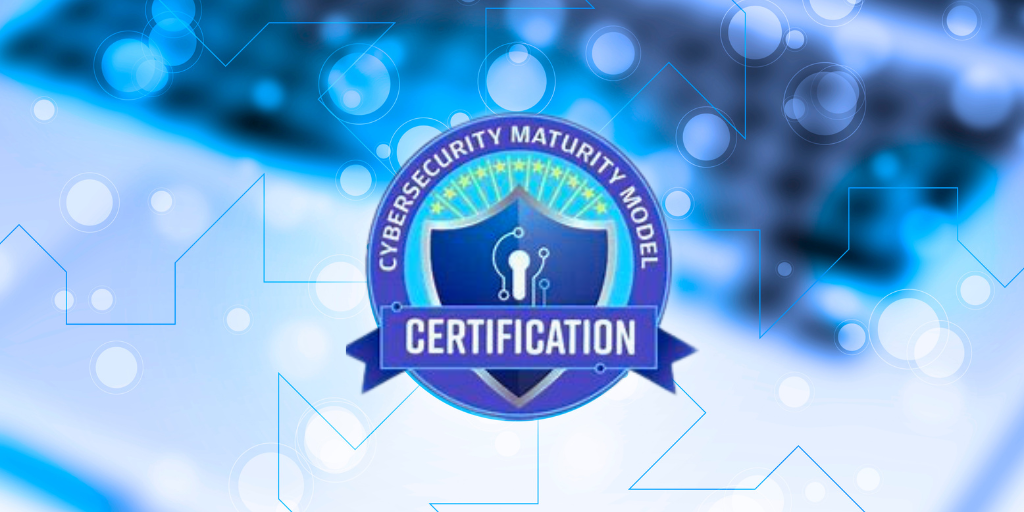AI in Cyber Defense: Safeguarding the Future of Financial Services
In today’s hyper-connected world, the financial services industry stands as both a pillar of economic growth and a prime target for cybercriminals....
3 min read
.jpeg) Michael Markulec
:
Aug 5, 2024 4:46:00 PM
Michael Markulec
:
Aug 5, 2024 4:46:00 PM

Discover how small and medium-sized businesses can fortify their digital defenses against the escalating wave of cyber threats.
Small and medium-sized businesses (SMBs) are increasingly becoming targets of cyber attacks. As technology advances and more business operations go digital, the risk of falling victim to cyber threats is rising. Understanding the landscape of cybersecurity is crucial for SMBs to protect their sensitive data and maintain the trust of their customers.
Cybersecurity is not just a concern for large corporations. SMBs are often seen as easy targets by cybercriminals due to their limited resources and potentially less robust security measures. By gaining a deeper understanding of the importance of cybersecurity, SMBs can take proactive steps to safeguard their digital assets and prevent potential financial and reputational damage.
To effectively protect against cyber threats, SMBs must first be aware of the common attacks they may encounter. These include phishing attacks, malware infections, ransomware, and data breaches. Phishing attacks often involve tricking employees into divulging sensitive information through fraudulent emails or websites. Malware infections can occur when employees unknowingly download malicious software, which can compromise the entire network's security.
Ransomware attacks encrypt the victim's data and demand a ransom for its release. Data breaches occur when unauthorized individuals access sensitive information, such as customer data or intellectual property. By identifying these common threats, SMBs can implement targeted security measures to mitigate the risks and protect their valuable assets.
In addition to the mentioned practices, SMBs should also consider implementing network segmentation to limit the impact of a potential breach and enhance overall security. Network segmentation involves dividing the network into smaller, more manageable sections, making it harder for cyber attackers to move laterally across the network. This strategy can help prevent any security incidents from spreading to critical systems or data.
Furthermore, conducting regular security assessments and penetration testing can help identify vulnerabilities in the organization's infrastructure and applications. By proactively testing for weaknesses, SMBs can address security gaps before cybercriminals exploit them. Additionally, establishing incident response protocols and procedures can ensure a swift and effective response in a security incident, minimizing the potential damage to the business.
By incorporating these additional practices into their cybersecurity strategy, SMBs can strengthen their defenses and better protect their digital assets from the evolving landscape of cyber threats. SMBS must stay vigilant, proactive, and informed to safeguard their sensitive data and maintain the trust of their customers in today's digital age.
SMBs should also establish a robust backup and disaster recovery plan to ensure business continuity during a cyber attack. Regularly educating employees on cybersecurity best practices and conducting security audits can further enhance the organization's overall security posture. By following these best practices, SMBs can significantly reduce the risk of falling victim to cyberattacks.
Employees play a critical role in maintaining cyber resilience within an organization. Comprehensive cybersecurity training is essential to ensure that all employees are aware of the risks and equipped with the knowledge to identify and respond to potential threats.
Training should also include guidance on secure remote working practices as more businesses adopt a hybrid or fully remote work model. Employees should be educated on the importance of using secure VPNs, encrypting communication channels, and implementing multi-factor authentication to protect company data from cyber threats in a remote environment.
Moreover, fostering a culture of cybersecurity awareness among employees is crucial. Encouraging open communication channels for reporting suspicious activities, promoting a zero-trust security approach, and conducting regular phishing simulations can help employees stay vigilant and contribute to the organization's overall cyber resilience. By empowering employees with the necessary knowledge and skills, SMBs can strengthen their defense against cyber threats and mitigate potential risks to their digital assets.
Training should cover topics such as recognizing phishing emails, using strong passwords, and understanding the importance of regular software updates. By investing in employee training, SMBs can create a culture of cybersecurity awareness and empower their workforce to contribute to the organization's overall cyber resilience actively.
As cyber threats continue to evolve, SMBs need to stay ahead of the curve by embracing emerging trends in cybersecurity. One such trend is adopting artificial intelligence (AI) and machine learning (ML) technologies to enhance security capabilities. AI and ML can analyze vast amounts of data in real-time, allowing anomalies and potential threats to be detected before they cause significant damage.
Another emerging trend is the increased focus on cloud security. With more businesses relying on cloud-based services, ensuring data security in the cloud has become paramount. SMBs should consider implementing robust cloud security measures and leveraging encryption technologies to protect sensitive information.
By staying informed about these emerging trends and proactively adopting relevant security measures, SMBs can future-proof their cybersecurity defenses and ensure the ongoing protection of their digital assets.

In today’s hyper-connected world, the financial services industry stands as both a pillar of economic growth and a prime target for cybercriminals....

The holiday season brings joy and increased sales but also opens doors to cyber threats targeting small businesses. You can learn how to protect your...

Navigating the complexities of CMMC can be daunting, but understanding its essentials is crucial for small businesses in the defense sector.